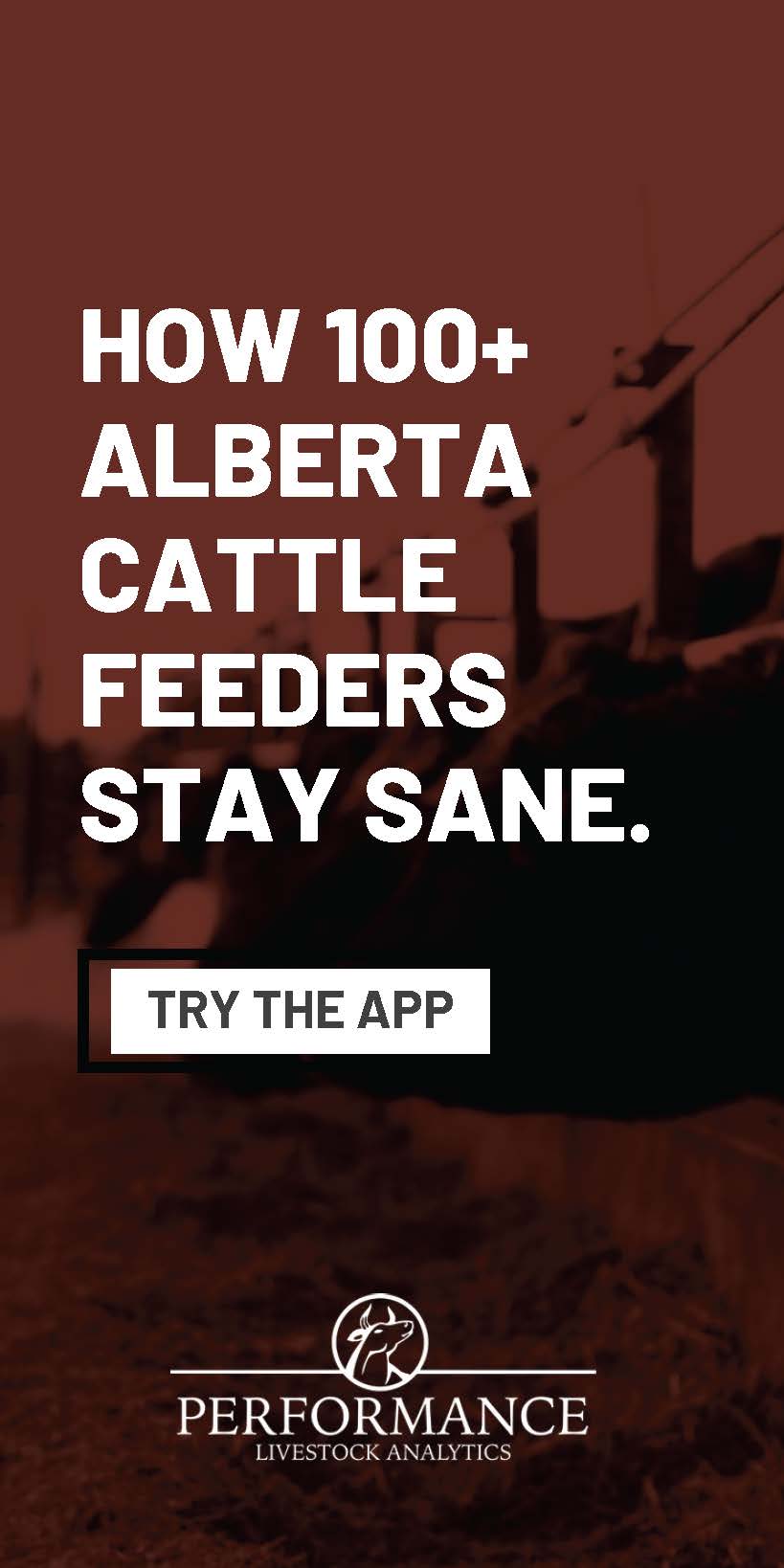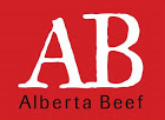Brenda Schoepp has always questioned the status quo and has spent the past 35 years looking for out-of-the-box solutions for managing cattle and grass. She has researched how stress affects shrinkage, looked at ways to improve the grass to increase carrying capacity and changed the way she and her family market their cattle.
Even while running a cow/calf operation and a feedyard at Rimbey, Schoepp has become recognized as a consultant and mentor in the agriculture industry both nationally and internationally.
In 2006, Schoepp was named one of Alberta’s 50 most influential people. Then in 2012, she was awarded the Nuffield scholarship for Canada chosen along with 39 other recipients worldwide.
“To be considered for the Nuffield scholarship, each entrant must write a proposal about what they hope to achieve while in the program. My goal was to gain a global perspective about the plight of women in agriculture. From that understanding, I wanted to develop a mentorship program that would reach out to women in both developed and underdeveloped countries,” says Schoepp.
“I began the Nuffield journey in 2012 and completed it in 2014.”
Schoepp’s research included group and independent travel for a combined total of 18 weeks visiting countries including Canada, USA, Mexico, Argentina, Peru, Australia, New Zealand, Holland, England, Fiji, India, Qatar and three weeks working with farmers in Cuba to earn her International Permaculture Certification.
Schoepp found that long term access to land is the most relevant handicap to agriculture worldwide. She also identified lack of access to credit, lack of access to education, and the lack of infrastructure necessary to get food to market as the biggest obstacles facing women in agriculture.
In places such as the Andes, for instance, producers sell their product by the side of the road. In some cases, they leave it there hoping a truck will come along to take it to a larger market. It is no different than prairie grain producers waiting for rail cars to take their product to port.
Now that Schoepp is home, she is researching many different models and perspectives; looking at mentorship programs that have worked and those that have failed to meet their goals.
“Countries such as Australia have a multitude of mentorship type programs that offer training and leadership,” says Schoepp.
“New Zealand, for instance, has women driven associations such as the Dairy Women’s Network with 4,900 members.”
Schoepp worked in the Australian model and joined the group while they conducted their courses. The mentorship part of the course was first while the leadership part of the course was second.
She is currently considering adopting the rural Australian model but reversing the training putting the leadership section first.
“We’ve always referred to agriculture as a production of a commodity. It begs the question – is it simply a production of a commodity or food, or is it a societal need? If we shift the reference, we change the way we look at things,” says Schoepp.
“By recognizing food as a societal need, we can then begin to elevate its importance and be able to access more government and private support to improve conditions.”
Two years ago, Schoepp created the Women in Search of Excellence, as a vehicle to access federal and private funding to develop a mentorship program which can be adapted globally.
“Once I am satisfied with the mentorship model then I will bring together a group of international people to act as an advisory board. Part of the role of the foundation is to act as a guide post for mentors and mentees and for those that want to run programs in their own countries or industries,” explains Schoepp.
One would think that Canada would be at least at the top half of countries which support women in agriculture in some way. Not so, says Schoepp, in fact Canada is in the bottom ten percent.
“Woman don’t want or expect special recognition – only equal recognition,” says Schoepp.
“Even the poorest of nations have a lot of rewards and recognitions and training for women in agriculture. The only national award I can think of here in Canada geared to women in agriculture is the Rosemary Davis Award that is given out by Farm Credit Canada.”
“We need to do better and show more leadership in this regard.”
Over the 18 weeks of traveling worldwide researching mentorship programs and opportunities, Schoepp included 12 countries, 284 farm visits, completing 250 interviews and participated in 60 news events to discuss her work. She also conducted a global survey and received 3,900 responses from women actively farming in eight countries from the age of 14 years to 73 years old. This is statistically significant and supported by third party research.
“Although leadership and management models exist and flourish in many of the countries of the world for women, agricultural mentorship models implemented on a national scale are scarce and do not have longevity,” suggests Schoepp.
“As my grandfather used to say, “Once in your life you need a doctor, lawyer, preacher or policeman – but every day – three times a day – you need a farmer.”
“Women farmers and ranchers in all cultures are facing added stress without the support of systems that make much needed capital or knowledge readily accessible.”
“My research is the development of mentorship programs for Women in Agriculture empowering women to grow food, protect environments, strengthen trade and secure financial independence for themselves, their families and their communities.”




